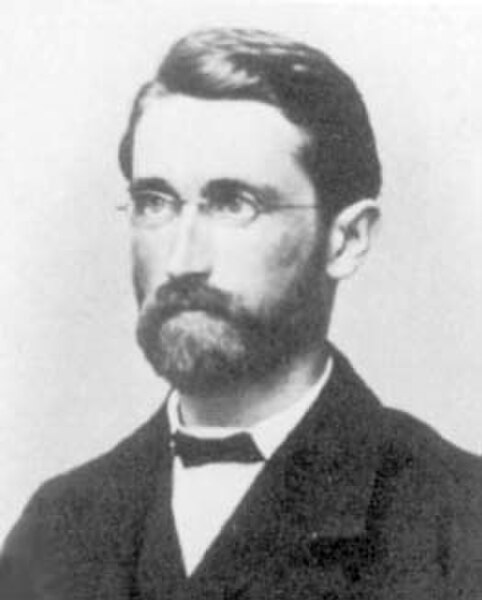Infinite photos and videos for every Wiki article ·
Find something interesting to watch in seconds
Celebrities
British Monarchs
World Banknotes
Ancient Marvels
Supercars
Animals
Richest US Counties
Great Museums
Tallest Buildings
Recovered Treasures
Largest Palaces
Crown Jewels
Famous Castles
Wars and Battles
Countries of the World
History by Country
Orders and Medals
Wonders of Nature
Great Artists
Largest Empires
Best Campuses
Kings of France
Sports
Presidents
Great Cities
Rare Coins
more top lists


